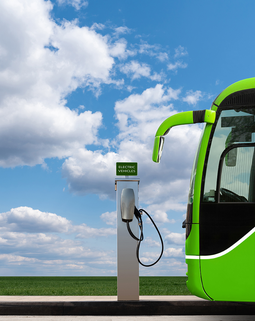Introduction
Kenya's electric vehicle (EV) sector is experiencing rapid growth, with a significant boost from the public transit system. This article delves into the factors contributing to this expansion and its implications for Kenya's transportation landscape. From government incentives to environmental benefits, the rise of electric public transit marks a promising shift in the country's mobility paradigm.
Government Incentives
Kenya's government has played a pivotal role in driving the adoption of electric public transit. Through a series of incentives, including tax breaks and import duty exemptions for electric buses and charging infrastructure, the government has created a favorable environment for public and private operators to embrace electric mobility solutions. These incentives lower the upfront costs of EV adoption and promote sustainable transportation.
Reduced Operating Costs
Electric buses offer significant operational cost savings compared to traditional diesel-powered counterparts. With lower fuel and maintenance expenses, public transit agencies in Kenya find electric buses a financially prudent choice. These savings enable them to allocate resources to other critical areas, such as improving service quality and expanding coverage.
Environmental Sustainability
The shift to electric public transit aligns with Kenya's commitment to environmental sustainability. Electric buses produce zero tailpipe emissions, reducing air pollution and contributing to improved air quality in urban areas. This transition supports Kenya's efforts to combat climate change and promote cleaner transportation alternatives.
Infrastructure Development
Kenya has been investing in charging infrastructure to support electric public transit growth. The development of charging stations and innovative grid systems ensures that electric buses have access to reliable and efficient charging solutions. This infrastructure development benefits public transit and allows wider EV adoption nationwide.
Conclusion
The rapid growth of the electric vehicle sector in Kenya, driven by the expansion of electric public transit, marks a significant step toward sustainable and eco-friendly mobility solutions. Government incentives, reduced operating costs, and a commitment to environmental sustainability have created a conducive environment for adopting electric buses. As Kenya continues to invest in charging infrastructure and promote cleaner transportation alternatives, the benefits of this shift extend beyond public transit, contributing to a cleaner, greener future for the country's transportation landscape.





